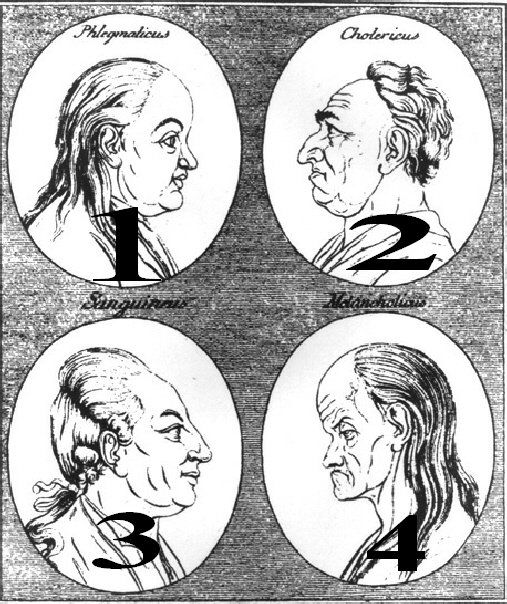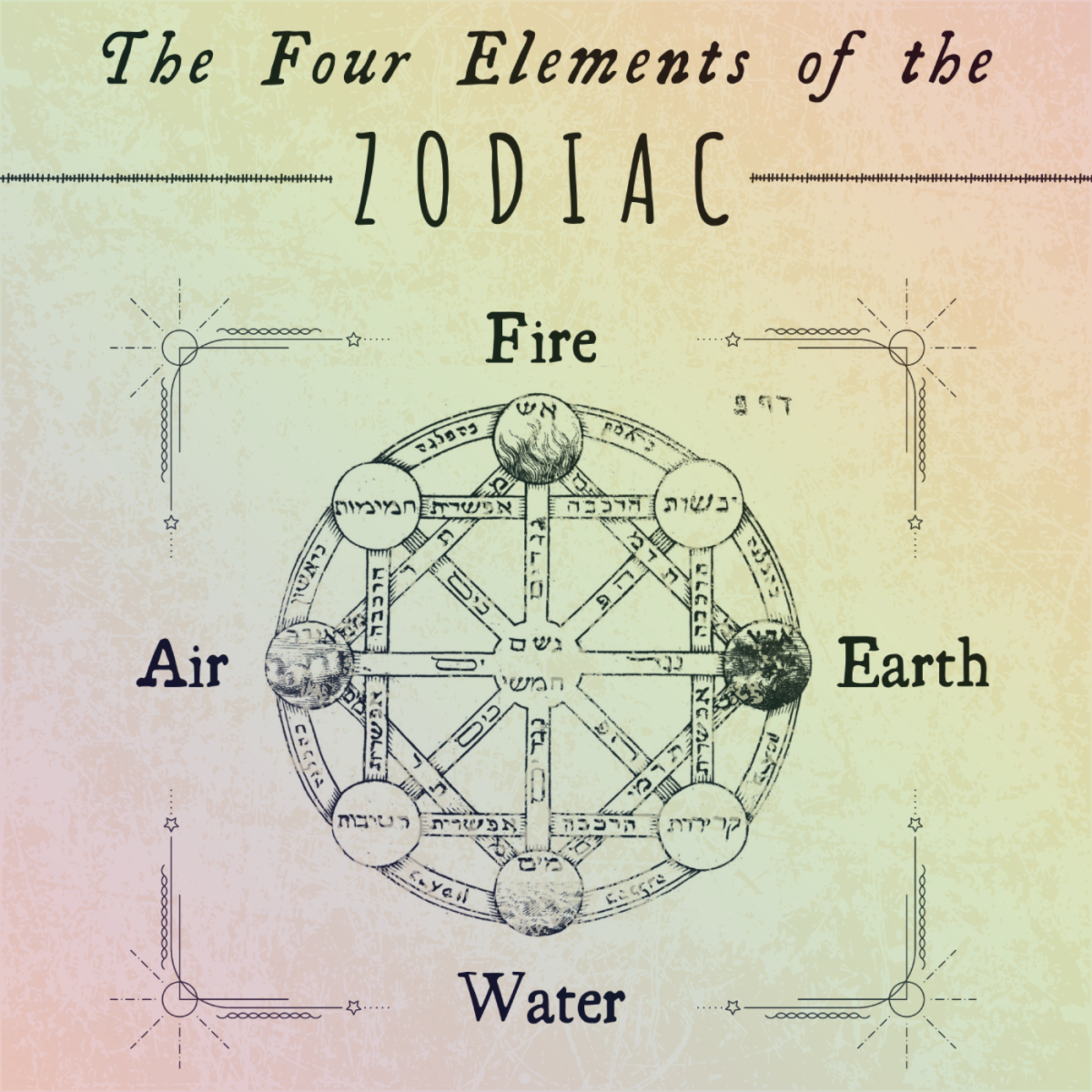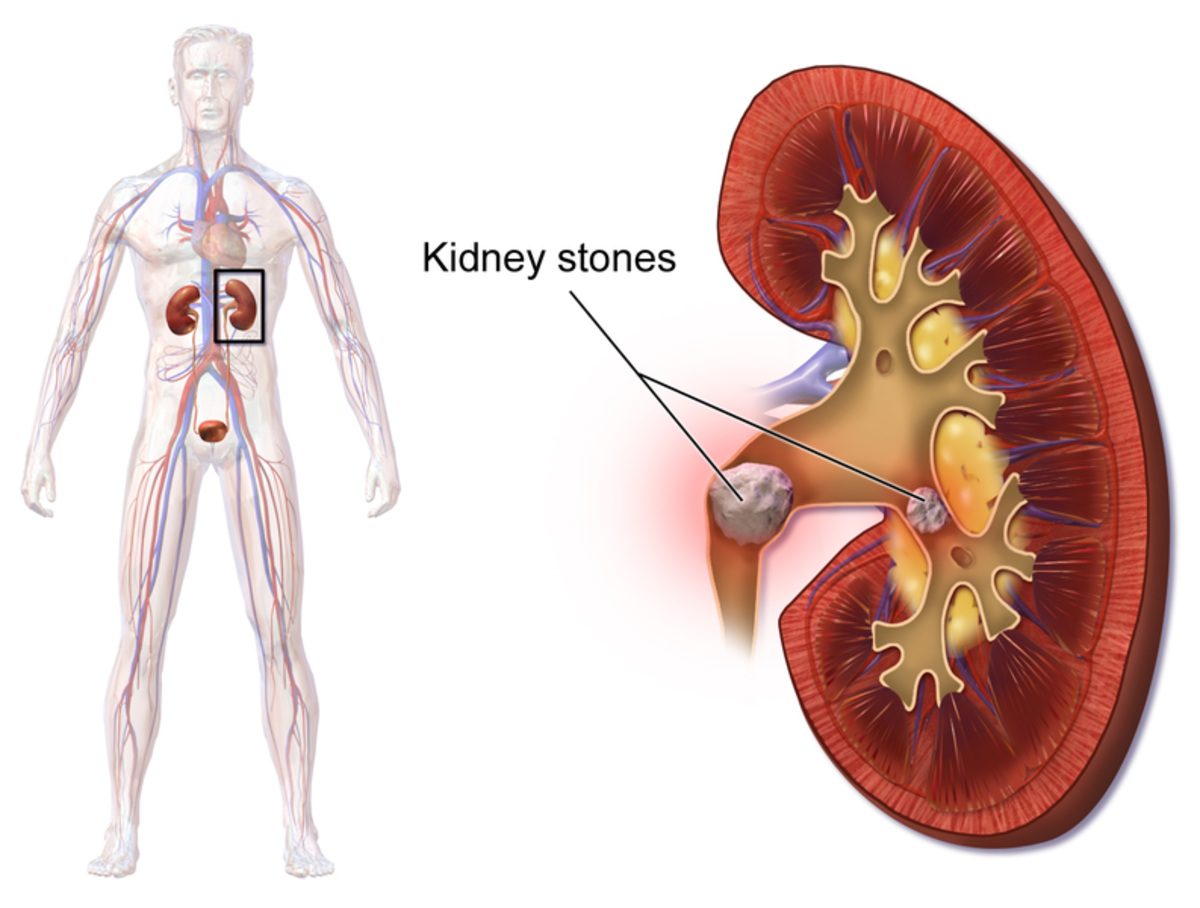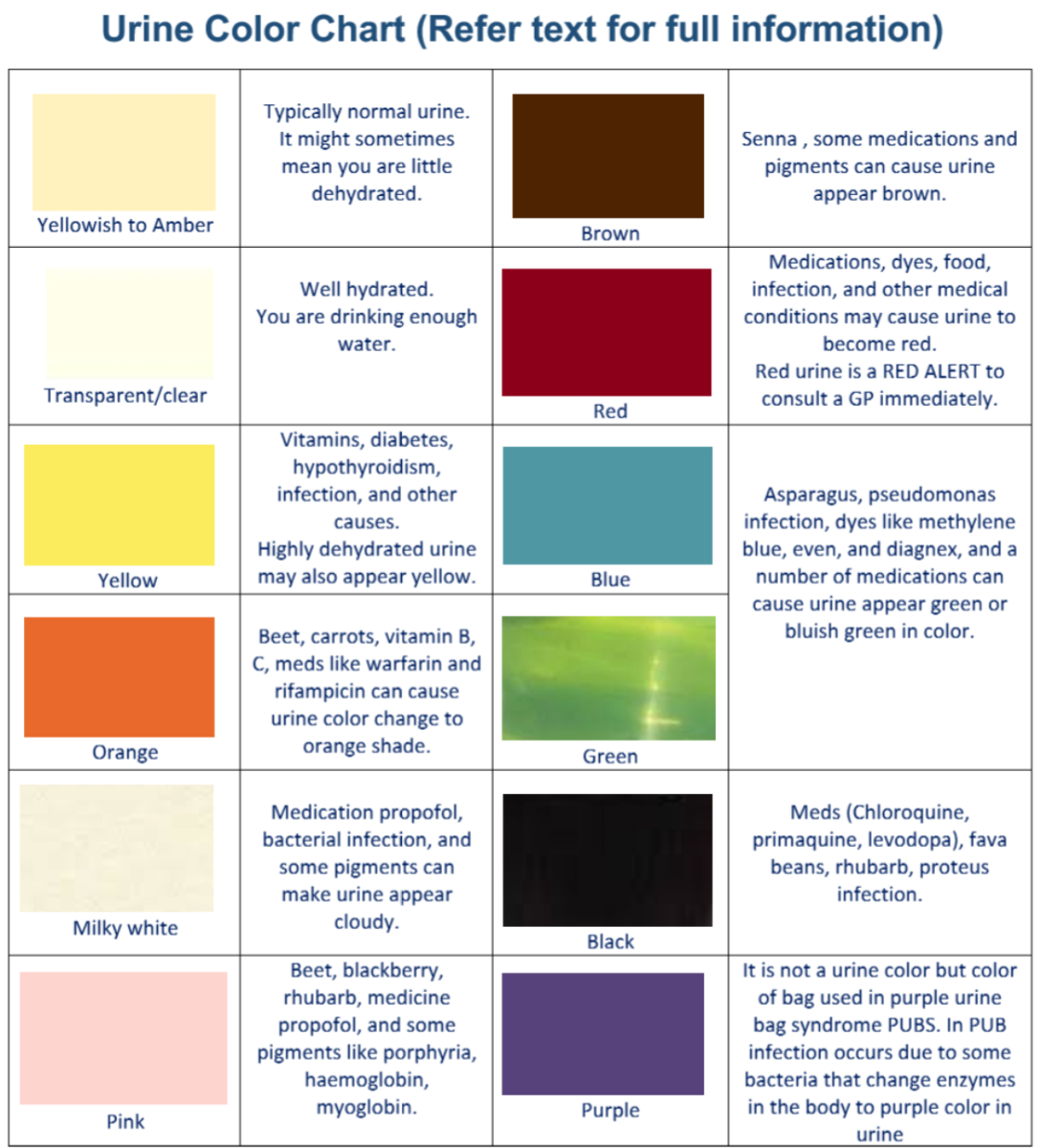Science of Life – Early Medicine - and Humorism
Four Humors
Until the advent of the modern medical research in the 19th century, western world physicians believed the makeup and workings of the human body was based on four humors namely the black bile, yellow bile, phlegm, and blood. Each humor corresponded to the four temperaments as follows:
- Blood from liver for 'pleasure-seeking and sociable',
- Yellow bile from spleen for 'ambitious and leader-like'
- Black bile from gal bladder for 'introverted and thoughtful'
- Phlegm from brain or lungs for 'relaxed and quiet'
Four Elements
To be healthy, the four humors had to be in balance. All diseases were as a result of an excess or deficit of at least one of the four humors. If you had an imbalance of one fluid, your personality and physical health would be affected. And then, there were four elements present as follows:
- Earth present in black bile
- Fire present in yellow bile
- Water present in phlegm
- Air (and earth, fire, water) present in blood if you are healthy
The type of diet and activity had varying degree to be acted upon by the human body to produce different humors. As an example, warm foods would produce yellow bile and cold foods would produce more phlegm. This meant that yellow bile caused warm diseases and phlegm caused cold diseases.

Four Temperaments
Humoralism is the doctrine of the four temperaments: 1 = phlegmatic, 2 = choleric, 3 = sanguine, 4 = melancholic. The most ideal temperament was as a result of a balanced mixture of the four qualities of temperaments.
The above photo shows the four temperaments:
1 = cold and moist (phlegmatic),
2 = warm and dry (choleric),
3 = warm and moist (sanguine),
4 = cold and dry (melancholic).
Blood in Transparent Glass
Get a syringe and draw some blood from a guy’s vein. Put the blood in a transparent glass and let it settle for about one hour or so. This will result in four different layers forming as follows:
- A dark clot at the bottom which was taken as the black bile
- The second layer from below will be red blood which was taken as blood
- The third layer from below will be whitish white blood cells fluid which was taken as phlegm
- The top layer is clear yellow serum which was taken as yellow bile
You then deduce how well the four layers are balanced to determine how healthy one is. Diseases will be due to excess or deficit of one of these four humors. If there is too much blood the guy is warm and moist. If there is too much phlegm the guy is cold and moist. If there is too much yellow bile the guy is warm and dry. If there is too much black bile the guy is cold and dry. If the guy has a disease, to correct the in-balance, you just needed to feed him the right diet: As an example, warm foods would produce yellow bile and cold foods would produce more phlegm. For example, if the diagnosis says the guy has excess blood, then, cut him on the skin so that he can let out some blood (bloodletting) to cure or prevent the disease. If the diagnosis says the guy needs to be hot then feed him with sufficient chilli pepper and if the diagnosis shows the guy needs to be dry, then, give him dry wines. Of course, you can now see why we still refer to spices as "hot", and some wines as "dry.
If you were to suffer from malaria, you would have fever and sweating. Fever is hot and sweating is wet. You should in this case give the patient food that will tackle hotness and wetness. These are foods that are cold and dry (the opposite of hot and wet).
Herbs
The keywords here are: cold, warm, moist and dry. Physicians had to look for additional foods to tackle cold, warm, moist and dry sicknesses, and on the processes of searching for the appropriate foods they discovered herbs. With passage of time, physicians had their own herb gardens.
Humorism
Humorism is therefore the theory founded on the influence which the four humors had in the formation of diseases. Humorism was abandon in 1858 after Rudolf Virchow's published the theories of cellular pathology. Hippocrates, an ancient Greek physician, c. 460 BC – c. 377 BC is credited for improving humorism at a time when people believed diseases were caused by superstition and gods.
Ayurvedic Medicine
In the meantime, the Asians, and in particular the Indians were by 2000 BC practicing Ayurvedic medicine. In ayurvedic medicine, the makeup and workings of the human body is made up of 3 doshas/humors. In ayurvedic, there are five elements namely earth, water, fire, air and space. An excess or deficiency of any of the three distinct doshas in a person directly influences a person’s temperament and health.
If you have liked this article, and you would want this page to keep up and improved, you can help in any way you can. A free way to help would be to link back to this webpage from your web page, blog, or discussion forums.
The Author’s page is designed to help beginners and average readers make some money as an extra income to supplement what they may be earning elsewhere - details of which you can find in My Page, if you will.







